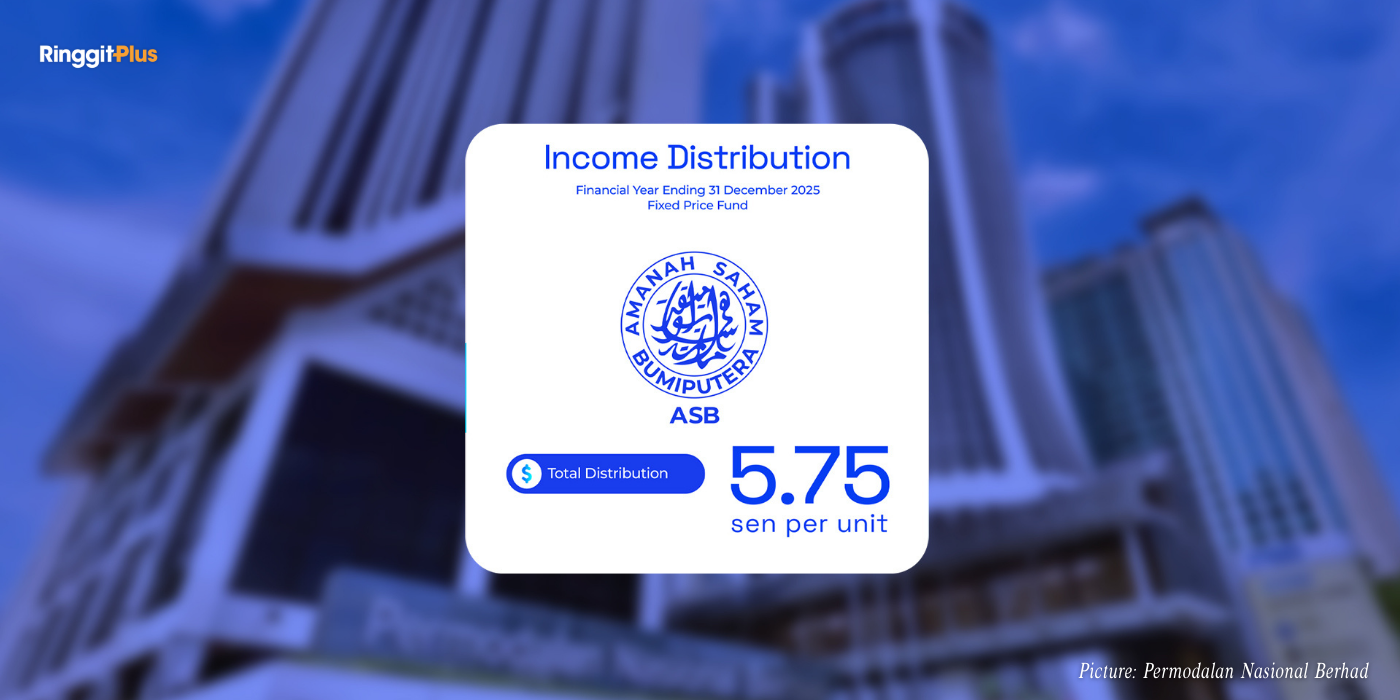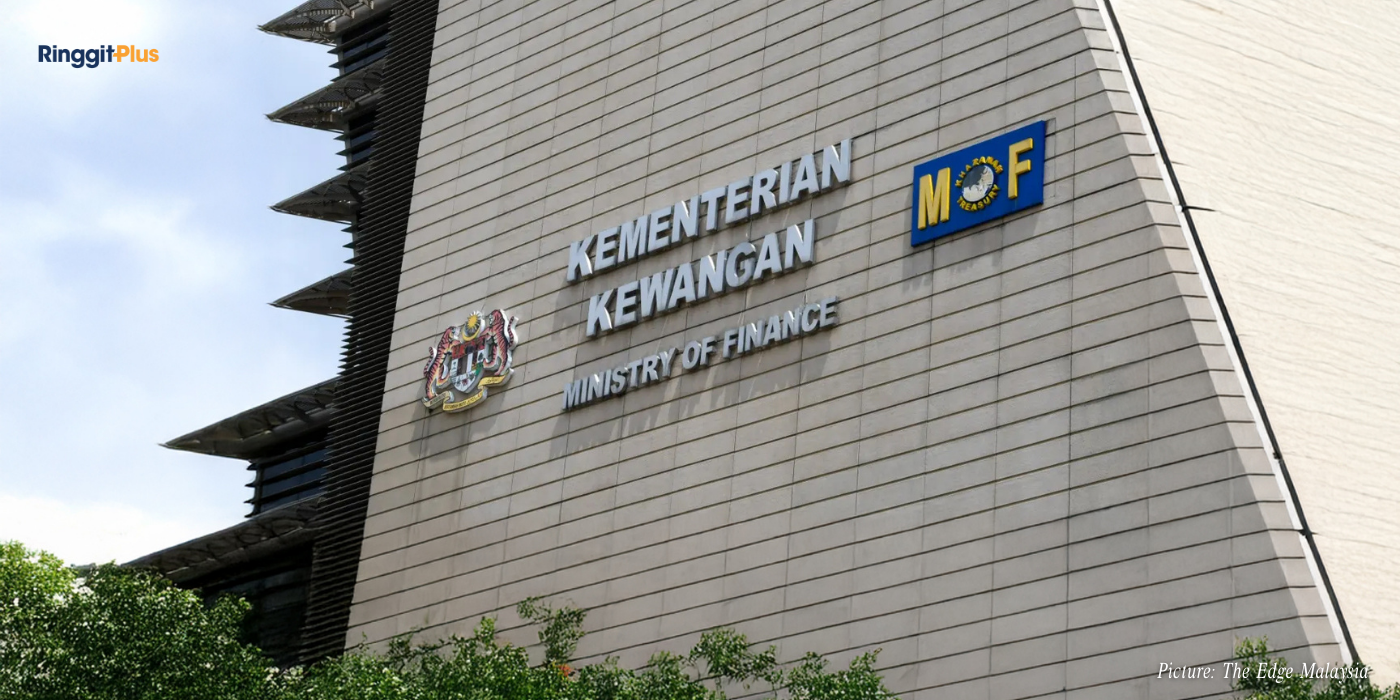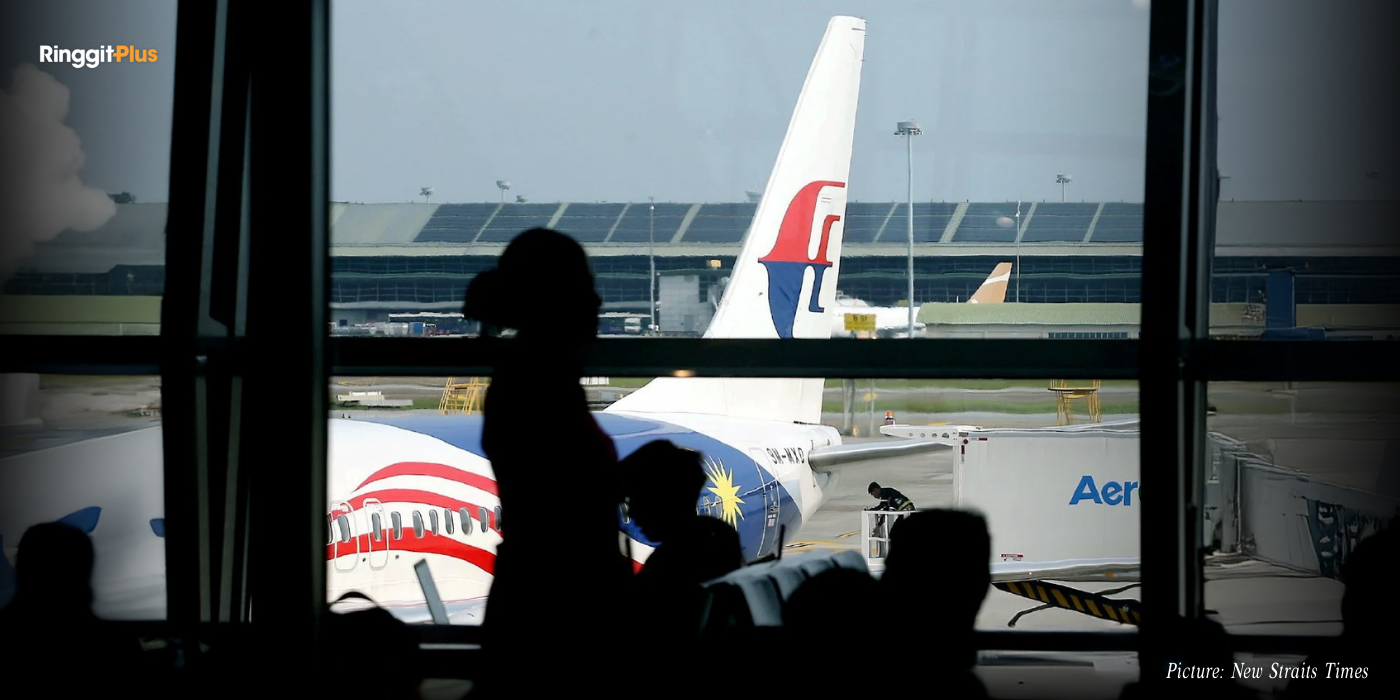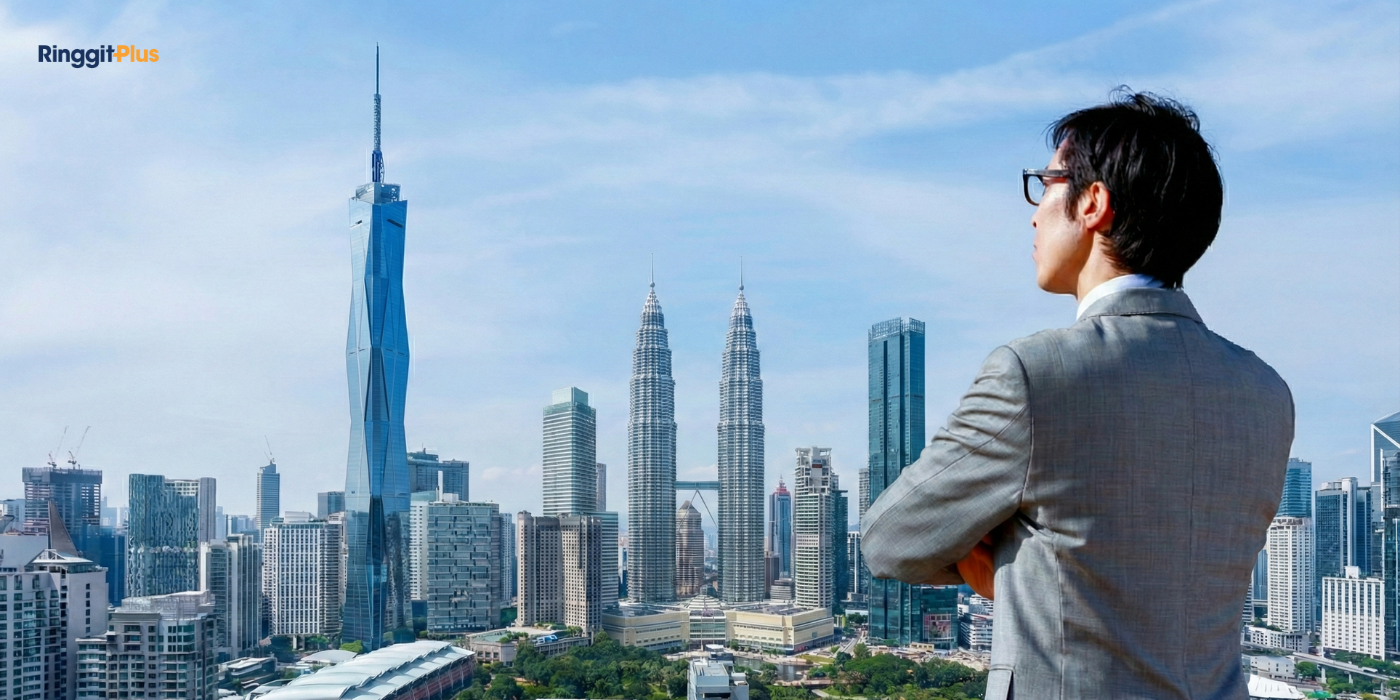Alex Cheong Pui Yin
15th September 2023 - 3 min read

Economy Minister Rafizi Ramli has said that the upcoming Budget 2024 will involve major shifts in Malaysia’s economic policies, in a bid to drive the country’s economy towards a more sustainable future.
“I believe 2024 will be the year of change for the economy. This is the right time to start implementing the policies we have talked about. Hopefully in 2025 we can see the changes being felt in terms of the fiscal side and also down to the people’s pocket and households,” said the minister.
Rafizi also explained that the Finance Ministry and the Economy Ministry will be collaborating closely with each other to work out the right policies to implement. “The budget is managed by the Finance Ministry while we (Economy Ministry) look after the macro policy and development budget. Whatever major policy shifts will no longer be a dialogue, but some of it will be crystalised in Budget 2024. This includes specifics about how much money will be allocated for each of such initiatives,” he added.

Aside from sharing the government’s intentions for Budget 2024, Rafizi also commented on the progressive wage model that has been approved in principal by the Cabinet last month. He reiterated that the current wages are not sustainable, especially for younger generations of employees, and as such, the government has to intervene.
“The question is how do we intervene. Compared to my generation, whose workers can look forward to something while they are employed, the younger generation are living from hand to mouth, and this is why they are angry (at the system),” said Rafizi.
That said, the minister acknowledged employers’ concerns regarding the progressive wage model, given that it might mean additional burden on their already strained finances. However, Rafizi reassured that the proposed model is aimed at creating a competitive wage environment where employers are giving the best wages to secure the best talents in the market.

“Employees must also understand that having good wages will mean needing to upskill,” Rafizi stressed, adding that the proposed model will be similar to what Singapore had done in the 1970s. Essentially, it will cover all industries and jobs, but will be made specific to Malaysian companies of a certain size – excluding multinational companies (MNCs). This is as MNCs and bigger international firms are typically not affected by low wage issues.
Ultimately, Rafizi hopes that the implementation of the progressive wage model will push wage levels higher within two to three years.
(Source: The Star)









Comments (0)